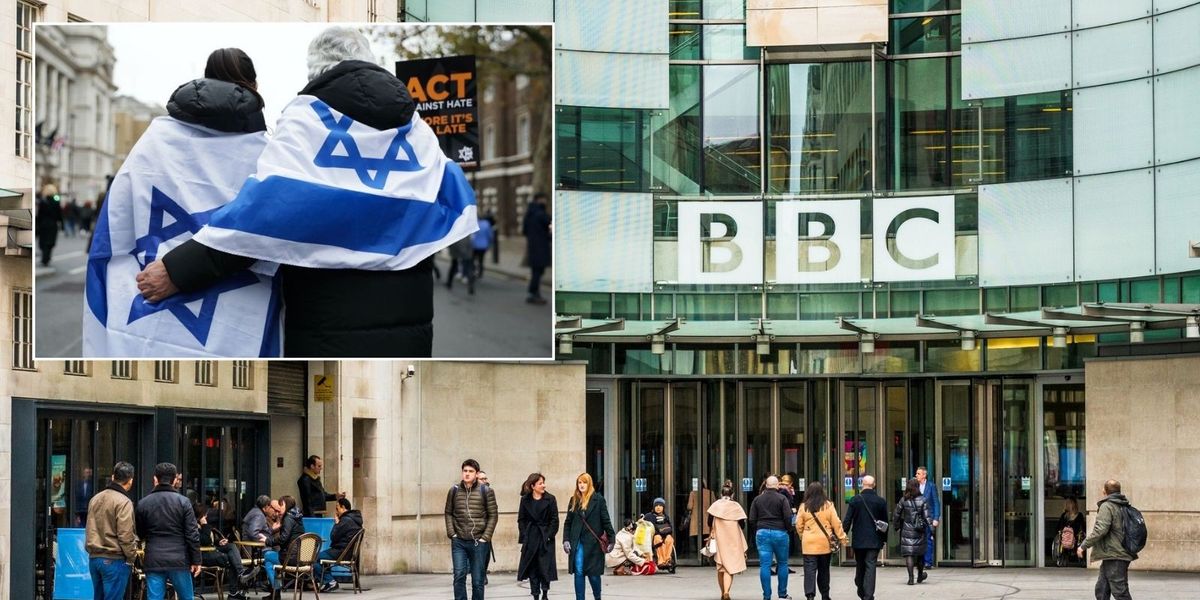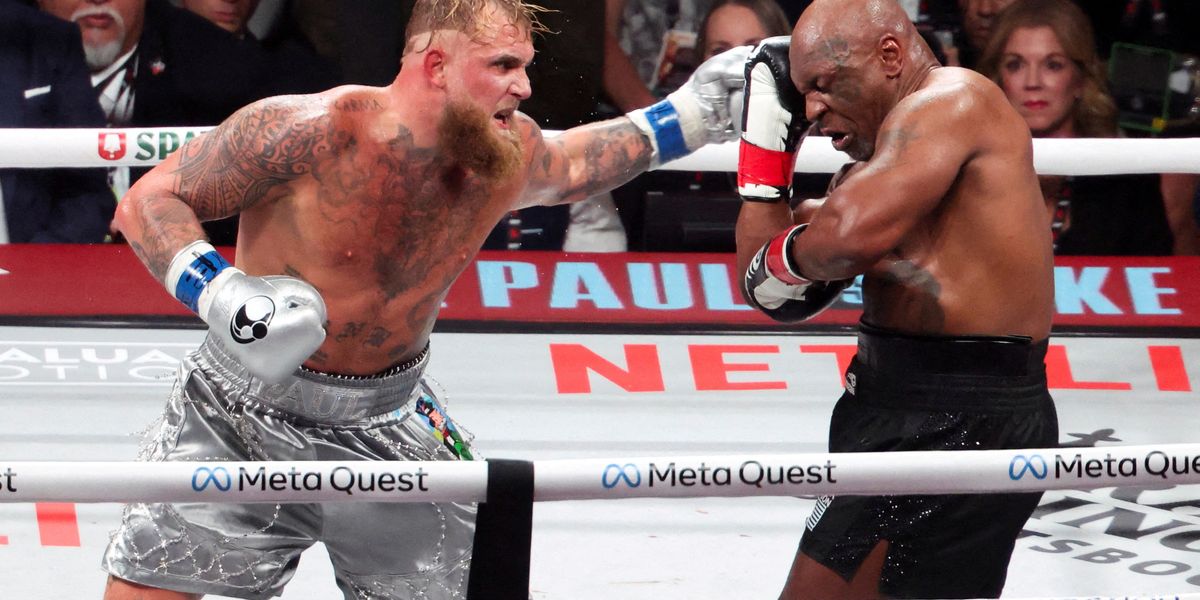These moves are likely intended to assert his leadership capabilities and instill confidence among Hezbollah’s ranks.
By SALEM ALKETBI NOVEMBER 30, 2024 13:57 HEZBOLLAH LEADER Sheikh Naim Qassem delivers a speech from an unknown location, last week. He appears more hardline and uncompromising than his predecessor, Hassan Nasrallah, who often delivered propaganda-laden speeches devoid of clear strategy, says the writer.
(photo credit: Al Manar TV/Reuters)
HEZBOLLAH LEADER Sheikh Naim Qassem delivers a speech from an unknown location, last week. He appears more hardline and uncompromising than his predecessor, Hassan Nasrallah, who often delivered propaganda-laden speeches devoid of clear strategy, says the writer.
(photo credit: Al Manar TV/Reuters)
Following a series of targeted Israeli assassinations that eliminated its prominent leaders, including Hassan Nasrallah, Hashem Safieddine, and Fuad Shukr, Hezbollah appointed Naim Qassem as its new secretary-general. In his inaugural address, Qassem outlined his leadership agenda amid an exceptionally challenging period marked by existential threats to Iran’s most potent proxy in the Middle East.
Qassem underscored Hezbollah’s preparedness for a protracted waQr, asserting that the group possesses all the necessary means for victory and expressing confidence in “achieving triumph over the enemy.” He reaffirmed Hezbollah’s support for Gaza, justifying the party’s stance by stating that “international resolutions did not expel Israel from our land – resistance did.”
He accused Israel of daily aggression against Lebanon since 2006, citing “39,000 air and naval violations of UN Resolution 1701.” Qassem framed the ongoing conflict as “preemptive defense” against a “grand scheme” spearheaded by Israel, the US, and Europe to eradicate the resistance. He argued that the only way to thwart this plan is through the continuation of resistance.
Echoing Hassan Nasrallah’s approach, Qassem reaffirmed allegiance to Iran, stating, “Iran supports us in liberating our land and asks for nothing in return.” However, he extended an invitation to any Arab or international state willing to support resistance against Israel, aiming to dispel the perception of Hezbollah as a mere proxy for Iran.
“We do not fight on anyone’s behalf but to protect Lebanon and liberate our land while supporting Gaza. Nobody fights on our behalf; our mission is to safeguard the territory and defend our country,” he said.
By striking a careful balance, Qassem attempts to differentiate himself slightly from Nasrallah, portraying a nuanced stance on allegiance to Iran.
Yet this shift is likely superficial, as political dissimulation, or taqiyya, allows Qassem to subtly distance himself from Nasrallah, who openly celebrated allegiance to Iran’s Supreme Leader and proudly declared that the party took its directives from Tehran. In contrast, Qassem referred to the “convictions” driving what he called “fronts of support” in Yemen and Iraq.
In his inaugural speech, Qassem aimed to portray Hezbollah as resilient, claiming it had recovered from the assassinations of key leaders and major Israeli intelligence infiltration. He described Hezbollah as “a large, cohesive institution with substantial capabilities.”
This rhetoric, replete with exaggeration and falsehoods, appeared intended to boost the morale of Hezbollah’s supporters while avoiding acknowledgment of the existential crisis the party currently faces.
Qassem also capitalized on a recent drone attack targeting Israeli Prime Minister Benjamin Netanyahu’s residence to underscore the “resistance’s” strength, framing the incident as symbolic progress in the ongoing psychological and propaganda war between Israel and Hezbollah.
Stay updated with the latest news!
Subscribe to The Jerusalem Post Newsletter
“Netanyahu survived this time; perhaps his time has not yet come,” Qassem remarked, indirectly responding to then-Israeli defense minister Yoav Gallant’s threat to target him in the near future.
IN MANY respects, Qassem’s rhetoric mirrored that of Nasrallah, particularly in his tendency to exaggerate and incite.
He addressed the Israeli public, asserting, “We instill fear in a million Israelis living in distress because of our missiles. You will inevitably be defeated because the land is ours, and our people stand united. Leave our land to cut your losses; otherwise, you will pay an unprecedented price.”
He also criticized the US ambassador to Lebanon, declaring, “Neither you nor your allies will ever witness the defeat of the resistance, even in your dreams.”
These statements reflect either a detachment from reality or deliberate denial, as Israel has already destroyed Hezbollah’s first line of defense along the border and razed Lebanese villages used for operations and weapons storage. Israel’s ongoing operations against Hezbollah’s second line of defense reveal its intent to permanently diminish the group’s military capabilities.
Qassem laid out Hezbollah’s strategy under his leadership, declaring, “We are prepared to endure for days, weeks, or even months. We are ready for a prolonged war.” He added that Hezbollah “will emerge stronger and victorious from this confrontation, as it did in the July 2006 war.” This reveals Hezbollah’s reliance on time as a strategy, seeking to exhaust the Israeli army’s resources and inflict considerable losses.
“The enemy cannot count on time because its losses will force it to halt its aggression,” Qassem stated, referencing what he called “the phase of inflicting pain on the enemy.” Here, he perpetuates Nasrallah’s approach, framing mere survival as victory in line with Iran’s doctrine and its proxies’ narrative.
Meanwhile, Israel treats these threats with the utmost seriousness. Its forces systematically target Hezbollah’s military and political leaders in Lebanon and Syria, disrupt supply and logistical routes for weapons and missiles from Syria to Lebanon, and dismantle Hezbollah’s networks, tunnels, and headquarters wherever they exist.
More uncompromising than Nasrallah
In summary, Naim Qassem appears more hardline and uncompromising than his predecessor, who often delivered propaganda-laden speeches devoid of clear strategy. Qassem seeks to fill the leadership void left by Nasrallah by adopting a more aggressive posture and authorizing bold actions against Israel.
These moves are likely intended to assert his leadership capabilities and instill confidence among Hezbollah’s ranks. Israel, however, is undoubtedly monitoring him closely, making him a prime target for elimination when the opportunity arises.
Currently, we are going through a new phase in which the durability of the ceasefire agreement, which was supervised by the United States as a guarantor and observer at the same time, is being tested.
Of course, Hezbollah will suffer from internal challenges that may hinder its full commitment to the agreement, especially from the wing of hawks who demand bombing Tel Aviv or rejecting some conditions such as freedom of movement for the Israel Defense Forces against targets that pose a threat in Lebanese territory.
Ironically or from the consequences of the ceasefire, Hamas announced that it had informed the mediators that it is ready for a ceasefire agreement and a “serious” deal for the exchange of hostages.
In general, the coming days will reveal a lot.
The writer is a UAE political analyst and former Federal National Council candidate.

 By The Jerusalem Post (World News) | Created at 2024-11-30 12:05:07 | Updated at 2024-11-30 16:47:28
4 hours ago
By The Jerusalem Post (World News) | Created at 2024-11-30 12:05:07 | Updated at 2024-11-30 16:47:28
4 hours ago








